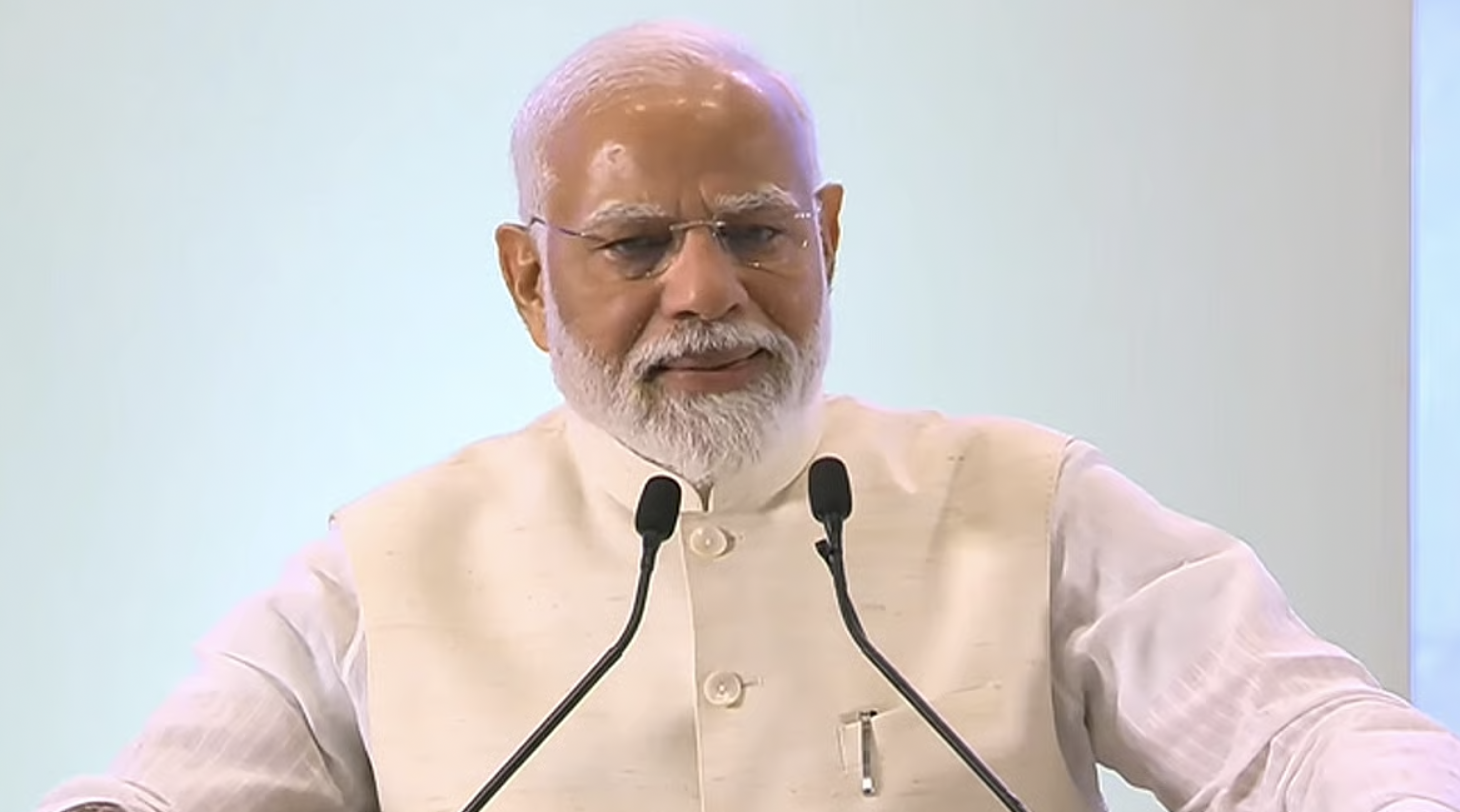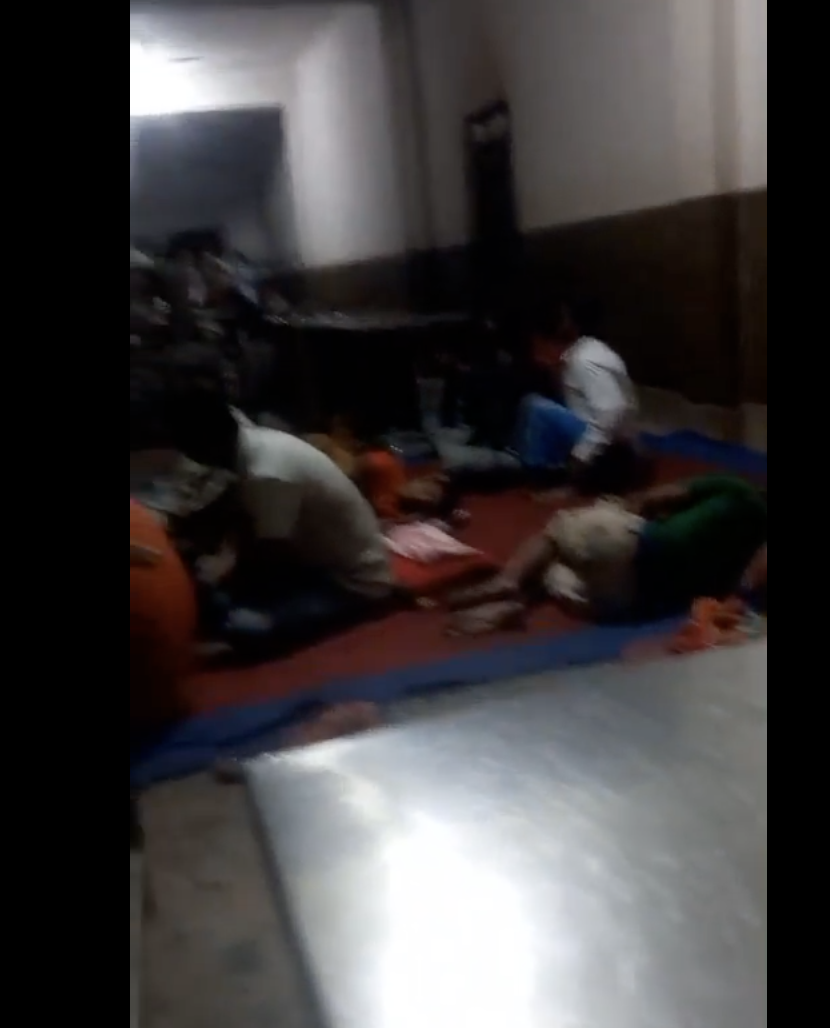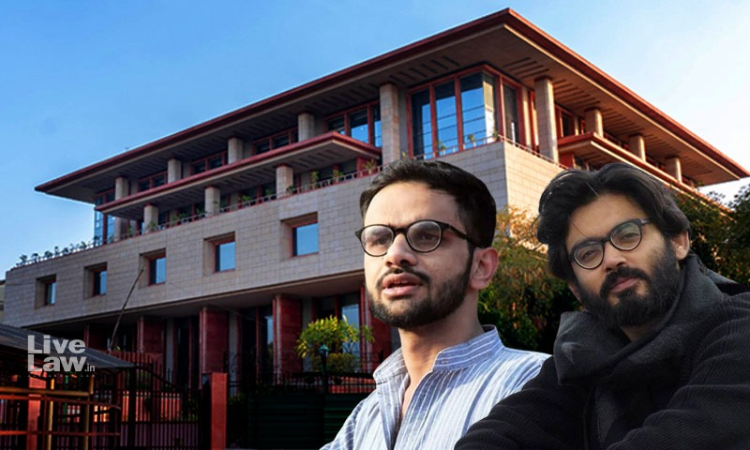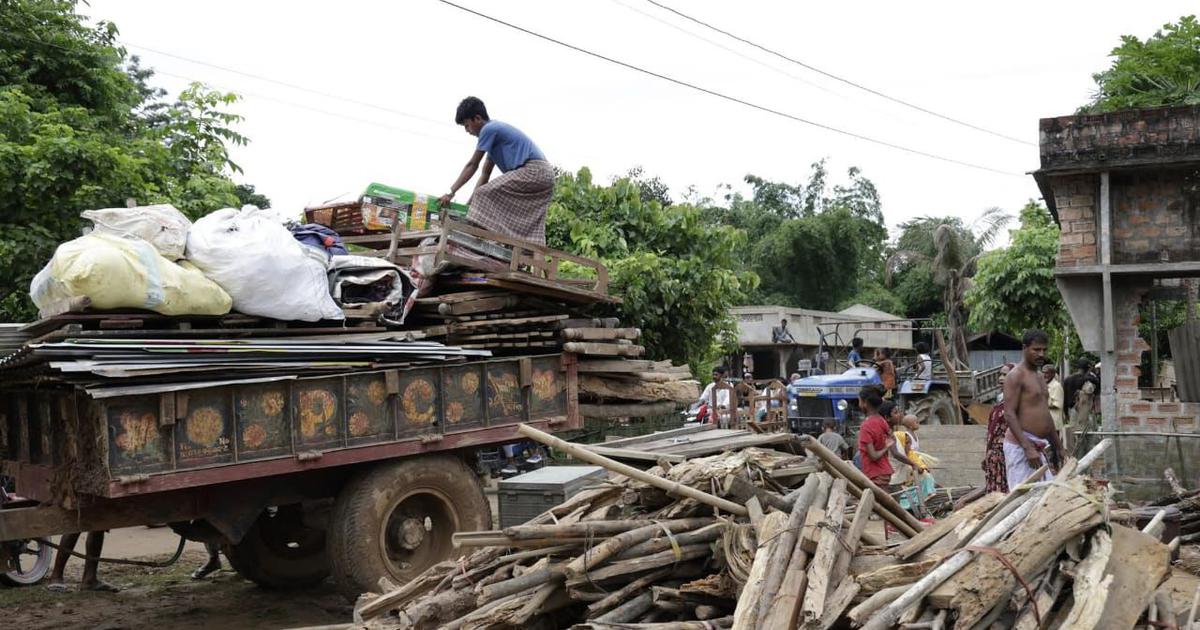
Independence Day has always been a deeply political event. Every prime minister has used the opportunity awarded by the large audience for the August 15 speech from the Red Fort to both tomtom their government’s achievements as well as announce policy.
In much the same vein, on India’s 75th independence day, Prime Minister Narendra Modi announced that August 14 would now be marked as “Partition Horrors Remembrance Day” in memory of the victims of Partition “who were subjected to inhuman circumstances, suffered torturous treatment” and “could not even receive a dignified cremation”.
Mining 1947
There are, of course, few more notable events in the history of modern South Asia than the partition of British India in 1947 into India and Pakistan. The British were keen to leave India after World War II. With no power sharing agreement acceptable to both the Congress and the Muslim League and rising incidents of communal violence, the British decided to partition India on communal lines. Most affected were the provinces of Punjab and Bengal, which were divided up on the basis of communal demography.
Partition and its aftereffects – some of which are continuing till today – resulted in lakhs dead and crores displaced.
However, rather than a commemoration meant to act as a balm to these wounds, the BJP seems more interested in using the event as a way to push communal politics in the present day. Following Modi’s announcement, the party and its impressive social media apparatus selectivity presented Partition as an event with only Muslim aggressors and Hindu victims.
The idea was clear: to get Partition to feed into the BJP’s current-day Hindutva messaging, a large part of which is based on the idea of Hindu victimhood, which argues that the past millennia has seen India’s Hindu majority community victimised by its Muslim minority.

CAA-NRC
This isn’t the first time the Modi government has mined Partition for political use. In fact, Partition has been one of the most prominent strands of the Modi government’s messaging via the apparatus of citizenship – specifically, the Citizenship Amendment Act and the National Register of Citizens.
The National Register of Citizens was originally a process limited to the state of Assam meant to identify undocumented migrants from Bangladesh. While the Supreme Court in 2013 ordered the NRC for Assam to be updated, the BJP later took it up as a national policy point.
Before the 2019 Lok Sabha elections, an all-India NRC was part of the BJP’s manifesto. And while the Assam NRC was alleged to have an ethnic bias, with Bengalis being seen as targets, the BJP’s national plans were seen as targeting Muslims.
As the BJP pushed the NRC, it simultaneously also proposed an amendment to the Citizenship Act that would allow non-Muslim migrants, even if they had entered India illegally, to apply for Indian citizenship. During the 2019 campaign, Amit Shah, who was BJP chief at the time, argued that a CAA-NRC combine would mean that only Indian Muslims would have to undergo a citizenship test.

Righting Partition’s wrong
In December, when Shah as home minister piloted the amendment as a bill through Parliament, he made it clear that bringing in a religious lens to Indian citizenship was the BJP’s view of setting right the wrongs of Partition.
Shah repeatedly harked back to how poorly Partition refugees were treated under the 1950 Nehru-Liaquat Pact. “Under the Nehru-Liaquat Pact, both countries agreed that they would look after their minorities,” said Shah. “But this did not happen.”
Shah then went on to accuse Pakistan and later Bangladesh of oppressing their minorities as a way to justify India’s stake in the citizens of these two other countries. “The Nehru-Liaquat pact failed. Had the spirit of the pact been followed by Pakistan, there would be no need to bring this bill,” Shah said, referring to the legislation that was soon to become the Citizenship Amendment Act.
Nowhere has this emphasis on bringing alive the wounds of Partition been more successful than in West Bengal. Unlike in Punjab, the Bengal partition was long drawn out and West Bengal has for the past seven decades continuously received refugees from East Pakistan – which later became the independent nation of Bangladesh.
As a result, the BJP has targeted this large base of Hindus of Bangladeshi origin as potential voters by highlighting the communal victimisation of minorities in Bangladesh – an issue that migrants in West Bengal naturally tend to care deeply about.
Reporting by Scroll.in found that this strategy saw success in the 2019 election, with migrants in many border areas tending to veer towards the BJP, the only party talking about the refugee experience.
Two nation theory redux
Given its ideology of Hindu nationalism, emphasising that India was divided on the basis of religion is obviously helpful for the BJP. The idea that Pakistan was created for Muslims and hence, by corollary, India is a Hindu nation is a common Hindutva trope.
The effort to highlighting atrocities against Hindus is part of the BJP’s effort to make the claim that Hindus have been uniquely victimised in India. The party argues that India’s minorities are “appeased” and its majority is, unlike majorities in other countries, oppressed.
The BJP has often underlined that its model of nationalism is quite distinct from the Congress model under Jawaharlal Nehru. Not surprisingly, this also means that the ideas of history that feed into this nationalism are also distinct.
Till now, India accepted the communal Partition as an aberration in India’s secular history. But in the BJP outlook, Parition serves to underline the need for Hindutva and communal nationalisms. This stark departure from the classical Indian view on Partition can be seen in an interview of Narendra Modi from 2012, where he argued that attempts to reverse Partition were a conspiracy to “make Muslims the majority” in the “name of a United India”.
That this ideological change has also seen electoral success means that the BJP will keep on pushing to reinvent the mainstream Indian view of Partition – like it has now done with “Partition Horrors Remembrance Day”.
This story first appeared on scroll.in






